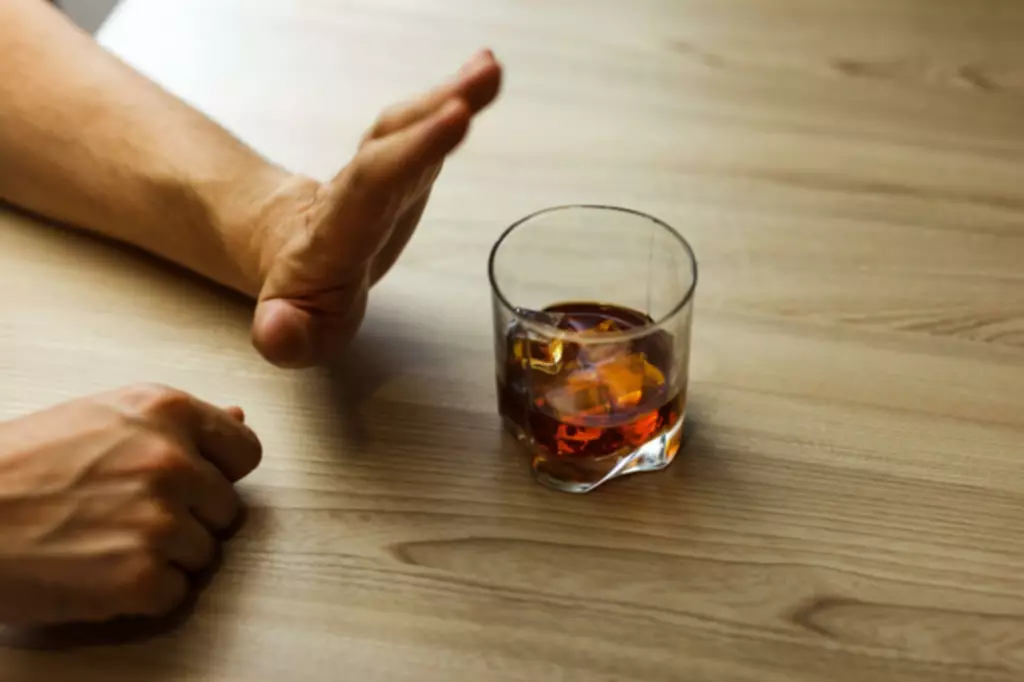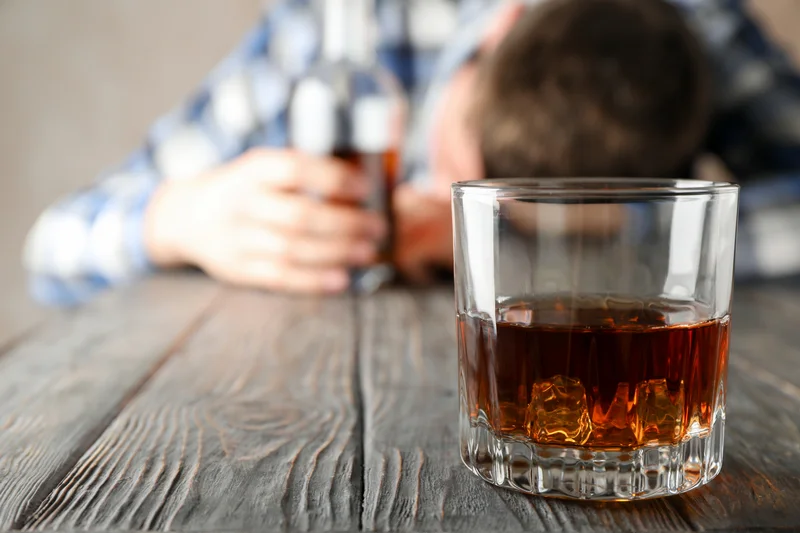
Additionally, engaging with professional counselors or therapists who specialize in addiction can equip individuals with coping strategies and help identify personal triggers. Managing triggers during addiction recovery requires a proactive approach. First, identifying the specific internal and external triggers that cause cravings is crucial. Keeping a journal to document experiences related to cravings can help individuals recognize patterns and gain insights into their emotional states and memories https://ecosoberhouse.com/ that prompt these urges. For instance, encountering a party where substance use occurs can ignite powerful cravings, making it essential for individuals to develop effective coping strategies.

Table of Contents
Customized Treatment Plans

Understanding the stages of relapse highlights the importance of recognizing early warning signs. Each phase requires different coping strategies to prevent slipping into substance use. Also, you can think of them as tools to protect yourself if you do start to slip. Pick up a new hobby, take a walk, write in your journal, watch a movie, etc. Also, anger management or working with a therapist helps manage your emotional states.
- Talk to a counselor, supportive friend or your sponsor to help remind you why you’ve chosen recovery.
- Addiction and substance use disorder affects over 17% of the American population.
- A relapse prevention plan works best when you do it under a therapist or counselor’s supervision.
- It’s about creating a lifestyle that can help a person maintain their recovery goals.
- These changes can cause stress, anxiety, and uncertainty, which can lead to cravings and make it harder for individuals to cope with their addiction.
- If you feel that any of our content is inaccurate, out-of-date, or otherwise questionable, please contact at
The Role of Faith and Spirituality in Addiction Treatment
- We have more information for you about the recovery process and how to get started.
- When individuals encounter a trigger, it may elicit not just thoughts about substance use, but also physical sensations, such as a turning stomach or tight muscles.
- Some, people struggling with drug and alcohol addiction feel as though they can’t mix and mingle without the use of substances.
- These triggers can involve certain behaviors, such as going to a bar or club or even boredom.
Fortunately, while there are several ways you may experience a trigger, there are also several ways you can positively cope with those triggers. Since triggers are so varied and individualized, self-awareness is vital in the recovery journey. Many different philosophies about recovery and relapse exist, often with opposing tenets, which can leave you confused about which is correct.

Recovery is a process
Obstacles in recovery are often caused by insufficient coping skills or an inability to plan effectively. These issues can be fixed, and people should learn to challenge their outlook by giving equal attention to past successes. A variety of underlying mental illnesses like depression and anxiety are closely related to addiction and can result in a person experiencing more triggers or more powerful ones. Physical illness and chronic pain also stress the body and can increase the risk of relapse. What matters isn’t whether triggers occur, but how prepared you are to recognize and respond to them effectively. Both positive and negative life transitions increase relapse risk by disrupting routines, creating stress, and sometimes removing established support systems.
Sobriety
- Work with treatment providers to understand precisely which triggers contributed to the slip and how your prevention plan needs strengthening.
- Focusing on emotional wellness each day reduces restlessness, irritability, and discontent, which can build up over time and lead to relapse.
- Helping individuals anticipate, plan for, observe, and avoid these environmental triggers is at the core of effective relapse prevention.
- Substance abuse relapse occurs when a person who has attempted to stop using a substance begins to use it again.
Furthermore, engaging in fulfilling hobbies like gardening or cooking provides not only distraction but also a sense of achievement, reinforcing positive emotions. Journaling relapse triggers list daily can be an invaluable practice for monitoring emotional fluctuations and triggers. By reflecting on specific events or feelings that precede cravings, individuals can develop a clearer understanding of their emotional landscape. This awareness not only empowers them to anticipate cravings but also facilitates more proactive management strategies. Finally, exposure to drugs and alcohol can quickly trigger an addiction relapse. The sight or smell of a substance at a party, concert, family gathering, or any other place could cause strong cravings to immediately arise.
The Role of Education in Building a New Life After Addiction

Our continuing care and alumni programs at 12 South Recovery help clients maintain appropriate recovery focus as they build successful sober lives. Many long-term relapses begin with this subtle shift from respectful caution about addiction’s power to a false sense of immunity from relapse risk. Talk to a sponsor, counselor, or supportive friend about it – they will help remind you why you chose a life in recovery. All of these situations could potentially lead to a relapse if you’re not prepared. Seth brings many years of professional experience working the front lines of addiction in both the government and privatized sectors. Our team is available 24 hours a day, 7 days a week to answer any questions you may have.
How can I manage stress and anxiety during my recovery?
While they can be intense during early recovery, their frequency and strength usually diminish over time as individuals remain abstinent. Acceptance that cravings will pass is vital, as is practicing techniques like “urge surfing” to navigate these moments without succumbing to temptation. Journaling also helps track progress, understand emotional states, and address triggers before they lead to relapse. The good news about triggers is they lessen with time as you create new memories. Before long, you will evolve beyond thoughts that generate intense cravings. You may see something that reminds you of your addiction, but you will be indifferent to it.
At American Addiction Centers, we offer a 90-Day Promise that gives you 30 additional days of complimentary treatment if you relapse after 90 consecutive days at one of our facilities. Whether you are going to rehab for the first time, or have relapsed in the past, we will work with you to find the best treatment plan for you. Many successful treatment plans are specifically tailored to each individual.
Still, having a relapse prevention plan and recognizing your personal relapse triggers can drastically lower your chances of relapsing. If you still get caught up in a relapse even after doing all you can to avoid the triggers, don’t be discouraged. Recovery is always possible even after a relapse, especially if you act right away to get your sobriety back on track.
Setting up a system to reach out if they sense you may be heading toward a relapse might also be helpful. This way, you can ensure that someone will be there to remind you of the benefits of sobriety and provide support. Even positive events in life, like achieving a promotion or attaining sobriety goals, drug addiction can unexpectedly lead to a relapse.
